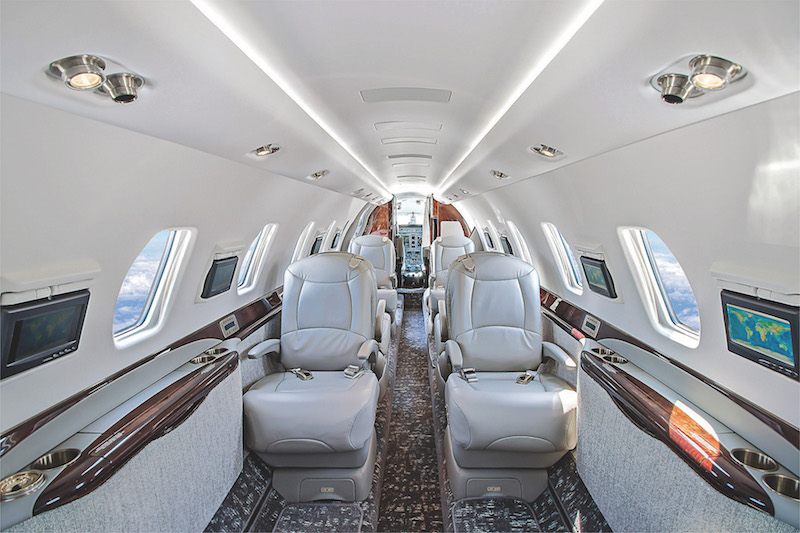Why the private aviation industry must adopt digitalisation
New technologies can lift private aviation as it navigates difficult period

In 2020, technology was a major disruptor across sectors and industries. It helped businesses and countries navigate the challenges brought on by Covid-19.
Private aviation was no different. Digitalisation improved efficiencies for the sector, reducing cost and increasing customer engagement.
Aviation was one of the worst-hit sectors by the pandemic. As it pivots to recovery mode, there are several ways in which digitalisation is being used to drive the contactless customer journey and make it a more seamless experience. Facial recognition, using the latest biometric identification technology, for instance, eliminates the need for travel documents – at the gate, and also at other security checkpoints. This technology was already introduced with commercial airlines such as Air Asia as part of their digital transformation strategy.
In light of the pandemic, technology has become essential to the private jet sector’s operations. With many destinations under lockdown, communicative tools such as Microsoft Teams, WhatsApp, Skype and WeChat enable key players in the industry to stay connected to their customers and employees. These platforms shorten distances – bringing providers and their clients together to ensure they remain open and prepared to transact. Clients show a marked preference for chat apps such as WhatsApp, as they get quicker replies to queries, and can receive and sign contracts.
To make the flight booking experience as stress-free as possible, most private charter companies offer apps, which enable clients to get more information about the cost of the flight based on their route and the aircraft type of their choice. Through these apps, clients are also able to see images of the aircraft exterior and interior layout and, after selecting the aircraft, they can add comments such as special meals and pet on board, which helps the charter broker customise the quote and offer faster.
Furthermore, travel limitations and lockdowns imposed to contain the pandemic have propelled remote business jet viewings as a buyer’s only option. Developments in VR technology could bring full-scale walkthroughs to a potential buyer’s living room in the future – or the chance to ‘touch’ an aircraft through tactile VR gloves. Today, while some travel restrictions remain in place, buyers can still remotely view multiple aircraft through high-quality photos, videos and on-the-ground virtual viewings.
The business of aviation is so critical to every economy, it is likely that the desire, demand and need for air travel will become robust again, regardless of what the future holds. Adopting new technologies will determine how effectively that demand can be managed by the sector as it navigates the challenging times ahead.
Aziz Ghorbani is general manager, Delta World Charter
